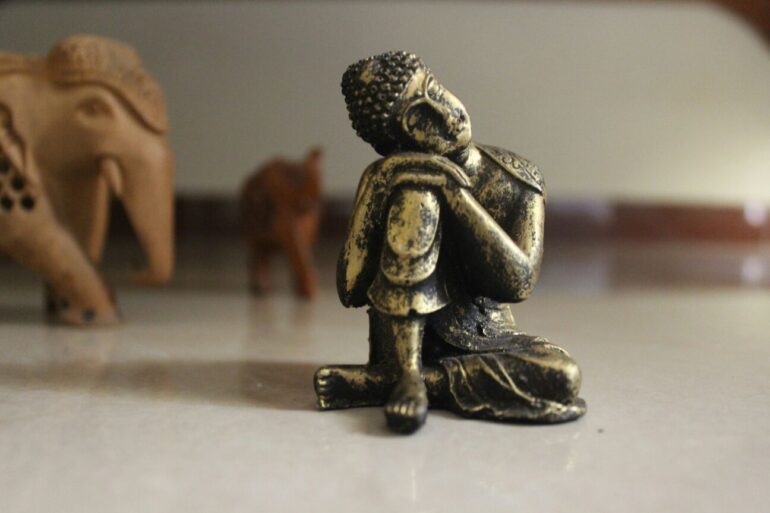
The year ahead, like for every person and business in the world, is going to be testing and challenging for Ather. The COVID-19 has put us in a not-so-favorable spot. The resulting resource crunch within and outside the organization, and the accompanying emotional turmoil, will throw us into a state of constant anxiety. This will also push us into uncomfortable places, and things are bound to get messy.
And it’s no different when we are working on an organization’s value and culture.
A month ago, I was in a meeting with our newly-inducted VANRSS. For the uninitiated, VANRSS is the name of the working committee that looks at ways to help the organization imbibe our values and live our culture collective – Think As A Species (TAAS). And no, the name is not inspired by the Ramayana, nor is it a reflection of the nature of the people in the organization ;). It’s an acronym created from the names of its original members, and it stuck.
For the VANRSS, the year ahead is going to be testing and challenging. They have crucial questions to answer – How do we engage in times that are not so bountiful? Do we drop TAAS or curate it? The resilience shown will reflect in the curation of culture: quite a responsibility to shoulder when you are learning the ropes.
So coming back to the meeting, an oft-repeated question resurfaced: even after two years, one of our values, ‘Be Nice’ is misunderstood. Should we rename it?
It brought back memories of an All Hands late in 2017 when Tarun, our CEO, chided everyone: ‘Chodo bhai! bas karo innovation, we got to get the S340 (what we now call the 450) on the road‘. The teams continued to secretly work on improving the specs even after creating a late development stage vehicle mule (MK3) – in their free time, during weekends, over a cup of coffee… they were passionate individuals wanting to bring a more awesome product out.
Our inherent curiosity to tinker with ‘what is’ as an organization in the hope of ‘what it can become’ is our organization’s strength and also our watch-out.
My response to the committee was that we need to help ourselves and others to understand and accept the value for what it is. Generally, there is a tendency to equate ‘Be Nice’ with being polite. Many at Ather make this mistake too until they look at the behavioral indicators articulated for this TAAS value:
Not accepting mediocrity: Being nice doesn’t mean you have to scratch each other’s back! We expect team members to demand excellence from themselves and others. The idea is that by demanding excellence from each other, we will raise the bar. Accepting mediocrity will blunt and slow us down.
Listening: More often than not, we are all waiting for the other person to stop so we can talk. Instead, we want our team members to listen to what is being said and also be mindful of what is not being said.
Trusting: While our team members might trust within their subsystems, we want them to start trusting other subsystems too. Trust allows us to see each other’s realities, which in turn enables collaboration and resource-sharing.
Live the values before you think of changing them
During testing times like this, there is a tendency to quickly embrace something different. We think that it will lead us to newer pathways. Well, the answer is in understanding what the organization’s values are talking about. In the case of Ather, it is simple: collaboration, ownership, execution, agility, excellence, listening, trusting, solving.
The language used in framing our value statements and behavioral indicators were based on phrases from team members who shared their feedback on our culture. Our values came from our team members’ questions/observations/suggestions. We continuously and deeply analyze where we are and what we are doing.
Nothing is set in stone, everything can be changed. But values and culture demand that we start to change, first by looking inward and then around. More importantly, we need to look at what is troubling us or making us feel uncomfortable about the value statement.
For all we know, that is where the work needs to happen.
Otherwise, we will be busy tinkering, changing, altering, whereas living the values is where the work is.
Published on August 6, 2020 on LinkedIn
https://www.linkedin.com/pulse/being-nice-breaking-down-most-overused-word-english-language-lal/




